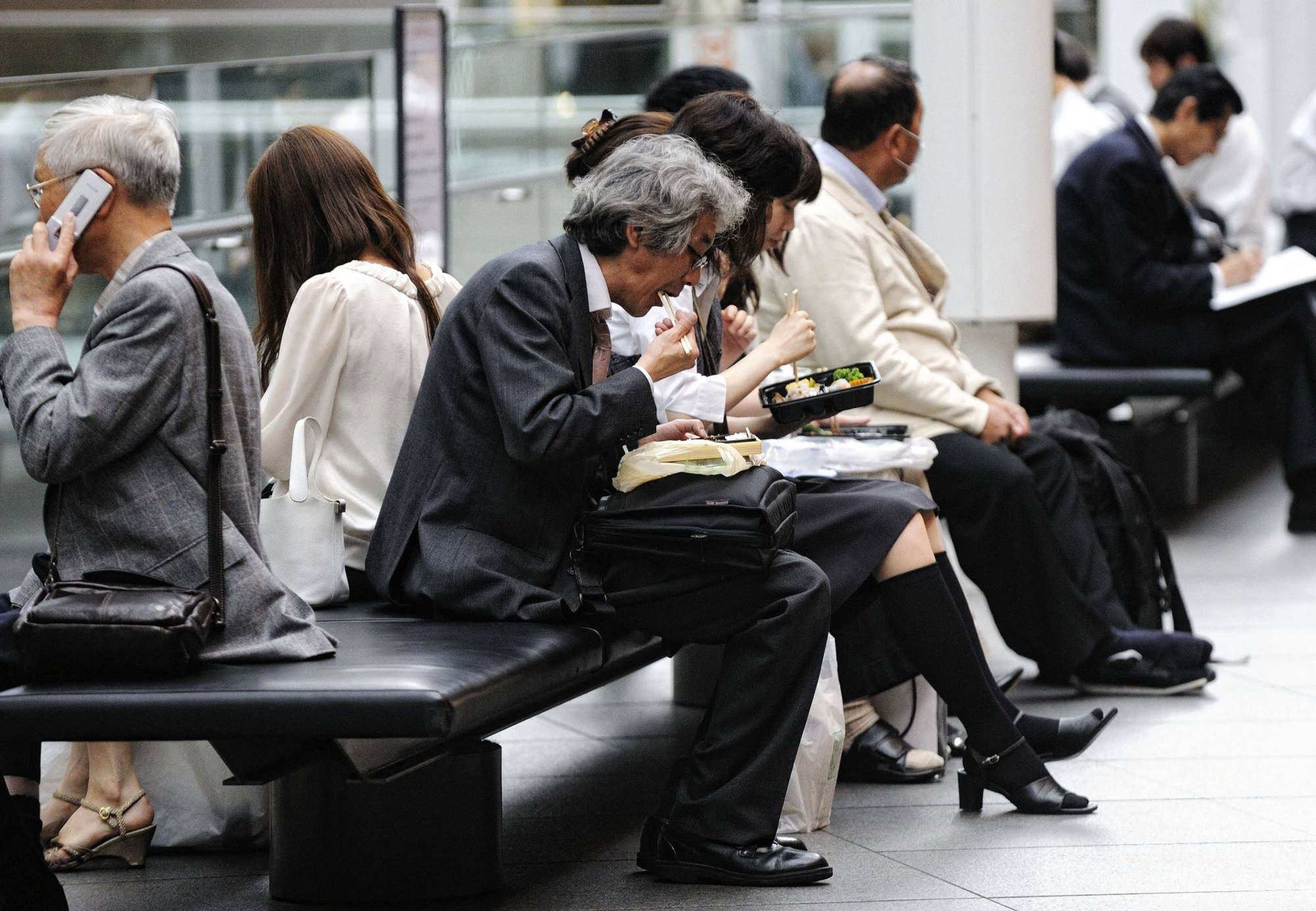When I was teaching at the University of Tokyo in the 1970s, my daily commute lasted 3½ hours.
But, one day, it threatened to last twice as long: with labor strikes having shut down public transportation, my only option was a much longer route using private trains and subways. Rather than spend nearly seven hours traveling to and from campus for a faculty meeting, I decided to work from home that day. To my surprise, the decision was met with censure from the dean of the faculty and disapproval from my colleagues.
Perhaps I should have anticipated that response. Japan’s work culture is not only notoriously rigid but also highly social. At the kaisha (company), people gather and work together — usually for their entire careers. The question that arose five decades later is whether the COVID-19 pandemic was the disruption Japan needed to break unproductive habits and inject new dynamism into working life.



















With your current subscription plan you can comment on stories. However, before writing your first comment, please create a display name in the Profile section of your subscriber account page.